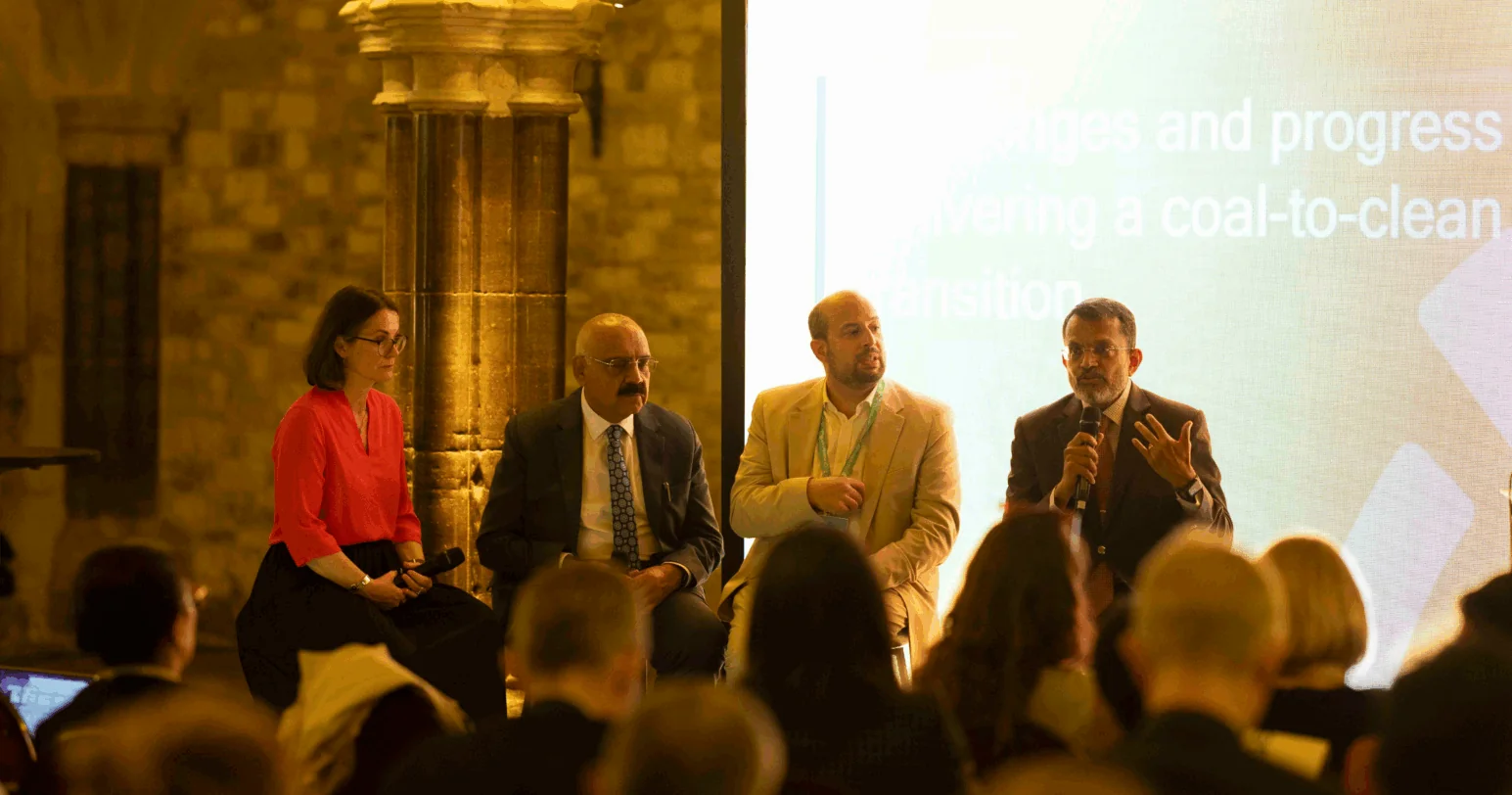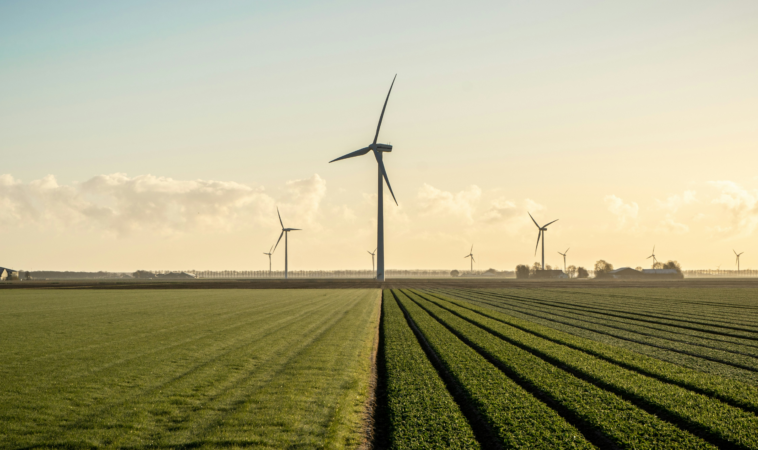

The World Bank, Canada, and the United Kingdom will work together to provide financial, technical and advisory support for developing countries that have decided to transition away from coal and accelerate the uptake of cleaner sources of energy. The announcement of financial support to the World Bank from both governments was made during the Powering Past Coal Alliance side event at COP24 in Katowice on 13 December 2018.
The Canadian government pledged up to CAD $275 million to fund the Energy Transition and Coal Phase-Out Program. This funding will help developing countries in Asia to slow coal production, while scaling up energy efficiency and low-carbon energy alternatives.
At the same time, the UK government pledged £20 million to the World Bank’s Energy Sector Management Assistance Program (ESMAP), a global knowledge and technical assistance program administered by the World Bank to help low- and middle-income countries implement environmentally sustainable energy solutions.
Both these programs will support the deployment of solar and battery storage, geothermal and offshore wind development, coal plant closure, and improvement in energy efficiency, particularly in buildings and cooling.
“The UK and Canada have truly led the world in powering past coal, with the UK going more than 1,700 hours without coal this year. But climate change is a global problem, which requires a united response. This World Bank fund, backed by £20 million from UK Government, will allow world-leading expertise to be shared globally to encourage developing countries to move away from coal power and embrace renewable energy, helping them to save the planet while giving their economies a vital boost.”
Claire Perry, the UK’s Minister for Energy and Clean Growth
With the new financial support from Canada and the UK, the World Bank will also expand its work to help countries that have made the decision to transition away from coal close mines and address the resulting socioeconomic impacts on workers and communities. This means taking steps to protect jobs and skills and preserve the environment, including through strong social safety nets for coal mine workers and the reclamation and repurposing of coal mine areas.
“Countries need to phase out coal if we are to meet our Paris Agreement targets. Pollution from coal has major repercussions on climate change, on our health, and on people. People need to be at the heart of our policies to tackle climate change. We know we have to phase out coal in a way that supports coal workers and coal communities, because the transition is not always easy. By working together, we can cut emissions and make sure people have good job opportunities in the future clean economy,”
Catherine McKenna, Canada’s Minister of Environment and Climate Change
In conjunction with COP24 in Poland, the World Bank is launching a new report Managing Coal Mine Closure: Achieving a Just Transition for All, which outlines the lessons learned from coal mine closures to date, and key steps governments can take to minimize social conflict and economic distress.
The report shows that the socioeconomic impacts of coal mine closures are significant, with some coal-dependent regions continuing to lag socially and economically. However, countries can achieve a “Just Transition for All*” through early engagement and dialogue and strong social assistance programs for workers, families and communities.
Governments play a leading role in this transition, bearing the cost of physical closure of mines and labor transition programs, even when coal mines are privately owned. While many coal-mining areas are unable to create new job opportunities, governments can implement labor mobility schemes, enabling coal mining communities to move to areas with strong economies and new job prospects. Because the coal mine industry has shifted from West to East, future coal mine closures and associated job losses will be concentrated in Asia, with the top three global coal producers, China, India and Indonesia, the most affected.
“Our focus is on the human dimension and helping countries accelerate the energy transition. A Just Transition for All means people’s livelihoods and communities need to be protected and that requires a carefully managed, sustained, long-term approach. Governments must prepare well in advance of any coal mine closures, implementing strong safety nets for workers ahead of job losses,”
Riccardo Puliti, Senior Director and Head of the Energy and Extractives Global Practice at the World Bank
*The “Just Transition for All” concept was introduced by the International Trade Union Confederation. It focuses on jobs, livelihoods, and ensuring that no one is left behind as we race to reduce emissions, protect the climate, and advance social and economic justice. The “Just Transition” requires a strong focus on creating timely and sufficient alternative employment opportunities to replace the jobs lost.
This article is adapted from the World Bank press release.





